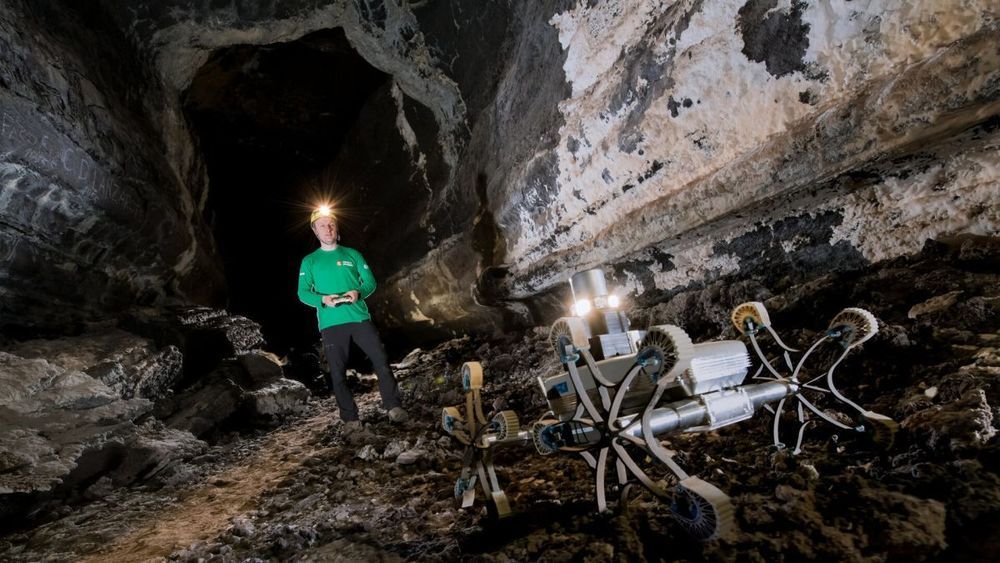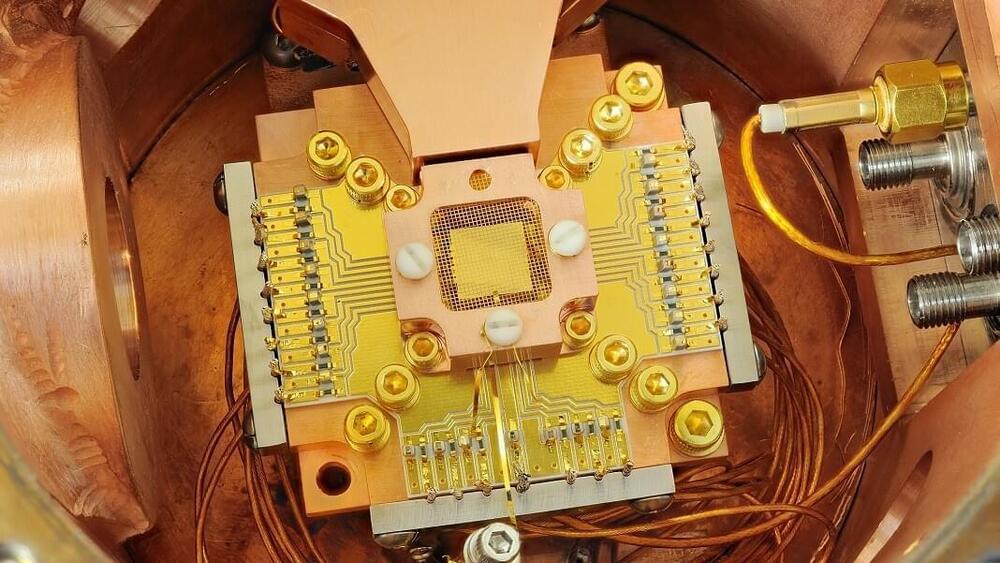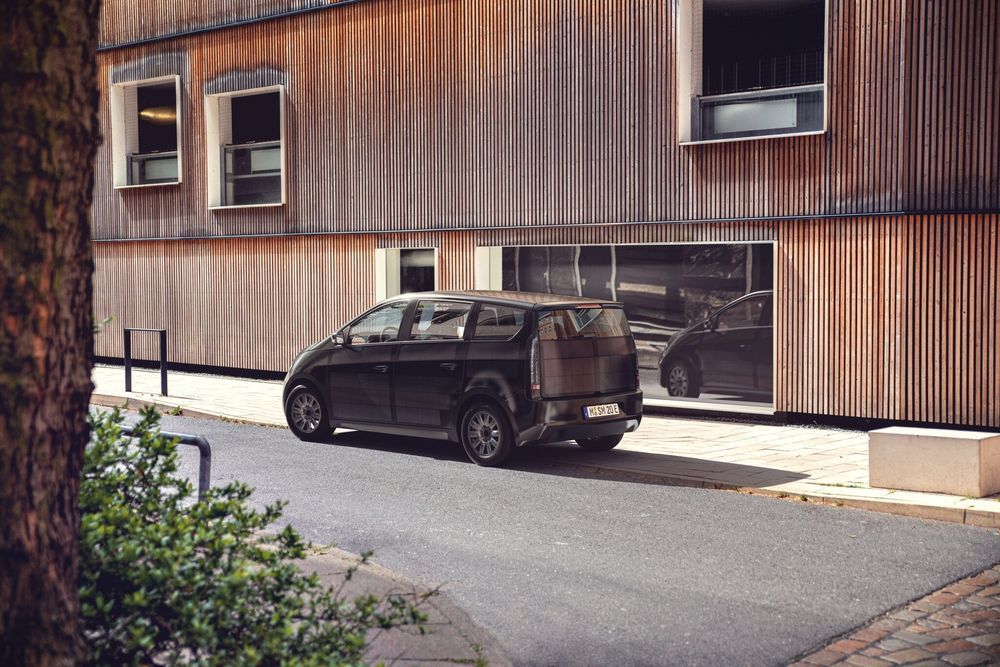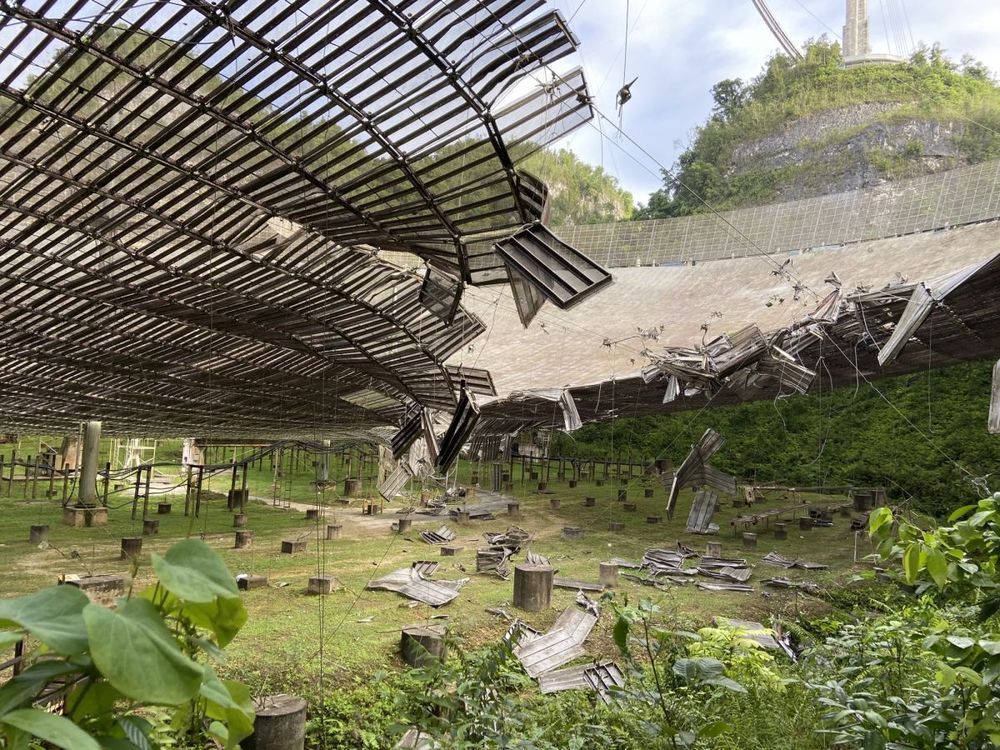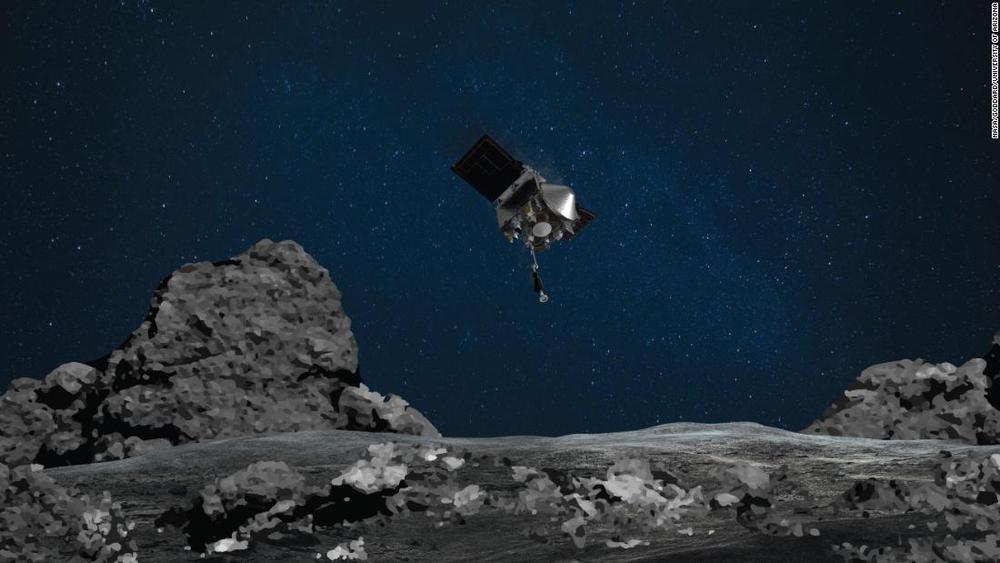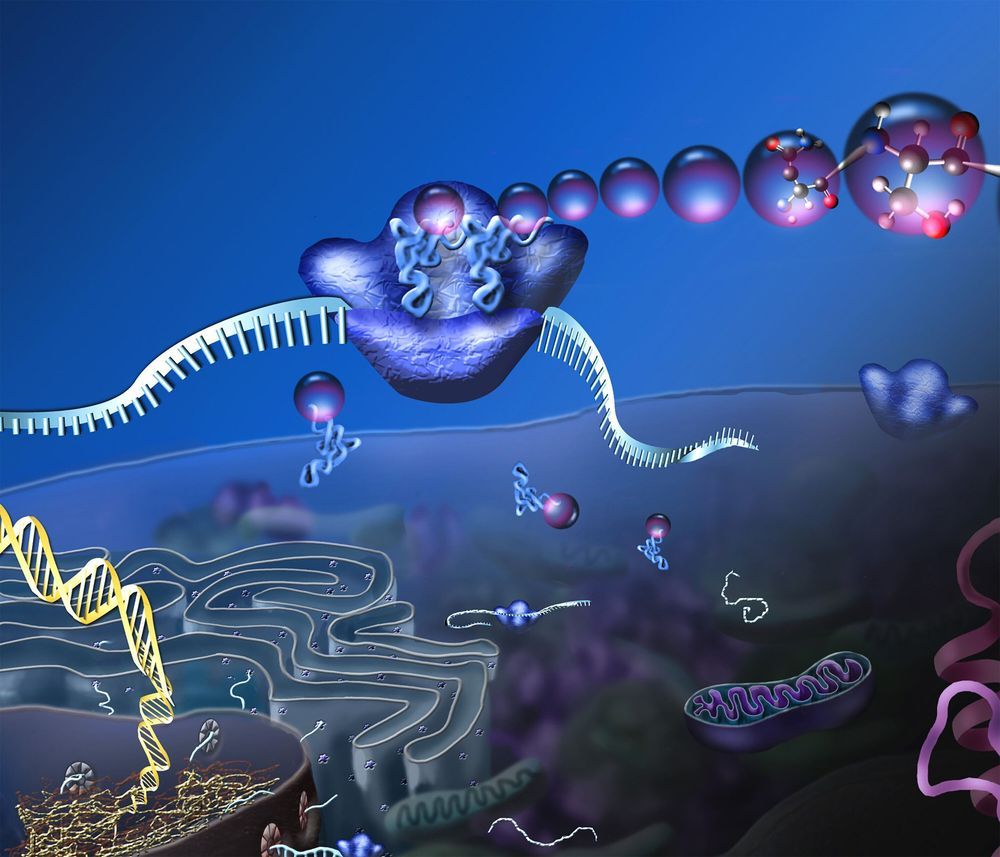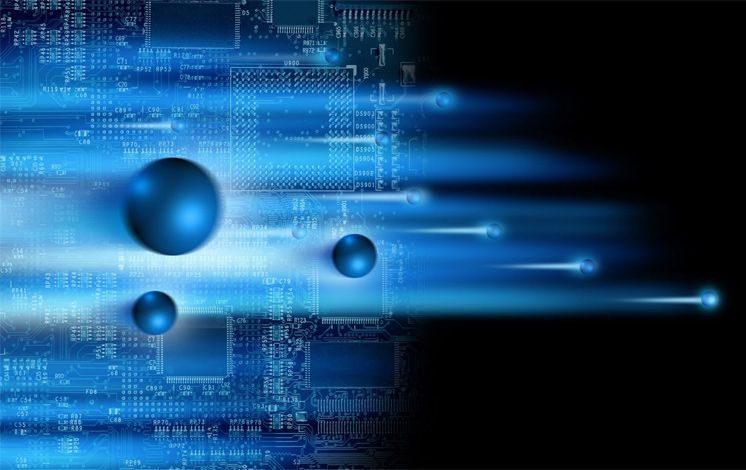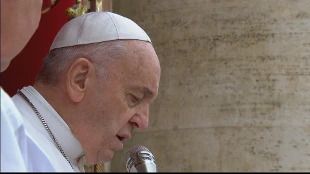Tens of thousands of Google account holders have been warned of state-sponsored attacks targeting them.
Vast lava tubes pock the surface of the moon and Mars, and could protect explorers from the elements. But first someone needs to explore them.
To avoid this problem, the researchers came up with several shortcuts and simplifications that help focus on the most important interactions, making the calculations tractable while still providing a precise enough result to be practically useful.
To test their approach, they put it to work on a 14-qubit IBM quantum computer accessed via the company’s IBM Quantum Experience service. They were able to visualize correlations between all pairs of qubits and even uncovered long-range interactions between qubits that had not been previously detected and will be crucial for creating error-corrected devices.
They also used simulations to show that they could apply the algorithm to a quantum computer as large as 100 qubits without calculations getting intractable. As well as helping to devise error-correction protocols to cancel out the effects of noise, the researchers say their approach could also be used as a diagnostic tool to uncover the microscopic origins of noise.
Munich’s Sono Motors are about to launch the first mass-produced solar powered car in the world, the Sion, with solar panels all over it.
One of Arecibo’s supporting cables snapped early Monday morning (Aug. 10), ripping a 100-foot-long (30 meters) gash in the giant radio dish.
This week, NASA’s OSIRIS-REx spacecraft practiced the maneuvers it will need to touchdown on the asteroid Bennu and collect a sample from it in October, which will be returned to Earth in 2023.
“We expected that the hammer of natural selection also comes down randomly, but that is not what we found,” he said. “Rather, it does not act randomly but has a strong bias, favoring those mutations that provide the largest fitness advantage while it smashes down other less beneficial mutations, even though they also provide a benefit to the organism.”
In other words, evolution is not a multitasker when it comes to fixing problems.
“It seems that evolution is myopic,” Venkataram said. “It focuses on the most immediate problem, puts a Band-Aid on and then it moves on to the next problem, without thoroughly finishing the problem it was working on before.”
“It turns out the cells do fix their problems but not in the way we might fix them,” Kaçar added. “In a way, it’s a bit like organizing a delivery truck as it drives down a bumpy road. You can stack and organize only so many boxes at a time before they inevitably get jumbled around. You never really get the chance to make any large, orderly arrangement.”
Why natural selection acts in this way remains to be studied, but what the research showed is that, overall, the process results in what the authors call “evolutionary stalling”—while evolution is busy fixing one problem, it does at the expense of all other issues that need fixing. They conclude that at least in rapidly evolving populations, such as bacteria, adaptation in some modules would stall despite the availability of beneficial mutations. This results in a situation in which organisms can never reach a fully optimized state.
Universal coherence protection has been achieved in a solid-state spin qubit – a modification that allows quantum systems to stay operational (“coherent”) for 10,000 times longer than before.
No, dear Pope Francis. I 100% share the concept of the brotherhood of all humans. There can never be too many calls for brotherhood. What I do not share in the most absolute way is that it is “useless to go to the Moon, if we are not brothers on Earth”. Quite opposite: eight billion humans, closed on the surface of our mother planet, will not be able to be brothers unless they will achieve new resources, new spaces, a new horizon of development. Remaining confined to the ground we would find ourselves competing in a zero sum game, or worse, an increasingly negative sum game, considering how much the resources of planet Earth, especially the environmental ones, are already scarce. Once again, it is up to people of good will to refuse to remain and fight among brothers and sisters, and to resume the courageous path of exploration, the search for new resources, the opening of new frontiers and human settlement in space. Properly in order to nourish the many brothers and sisters in peace, harmony and freedom. Otherwise mafias, tyrannies, selfishness, fratricide and infanticide will prevail, as history unfortunately testifies, every time a world has become small and suffocating. Pandemics such as covid19 also teach us that we will be more and more forced into immobility in our homes, if we will insist on remaining in increasing numbers in a philosophically and physically closed world. Let alone “grow and multiply”. Now, from a Jesuit Pope I would have expected at least that he would not run into the most obvious clichés, like “before going into space we must solve problems on Earth”. Quite the contrary: if we will not urgently kick-off the civil expansion into space, not only will we not be able to solve Earth’s problems, but they will get worse and worse, bringing civilization to a very dangerous point of no return.
The Feast of the Assumption of Mary into Heaven coincides with August 15th. Bergoglio remembers those who do not have the opportunity to celebrate. And on the issue of the Nile between Egypt, Ethiopia and Sudan he calls for dialogue and brotherhood.

